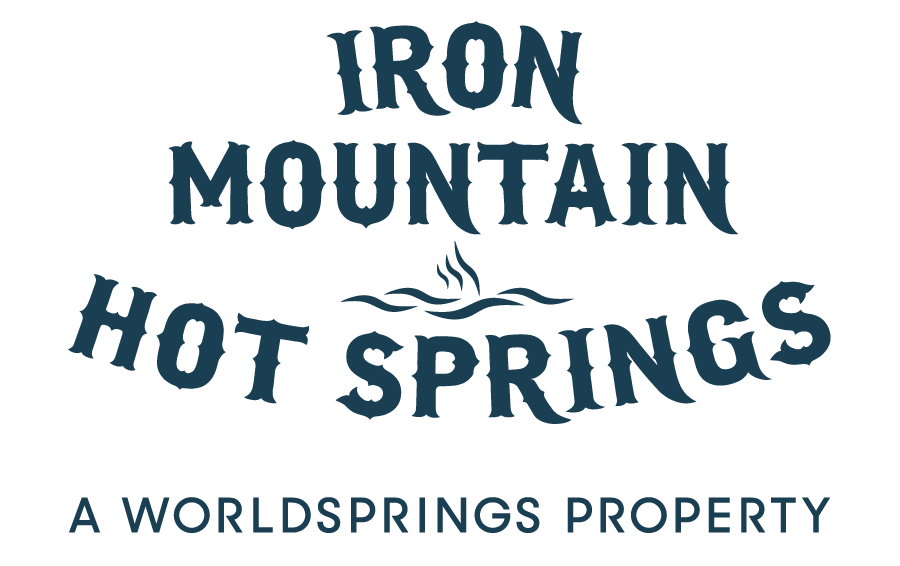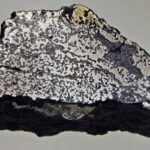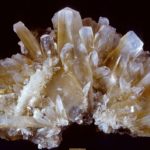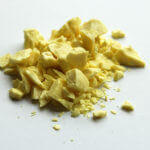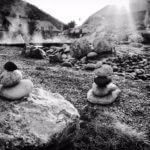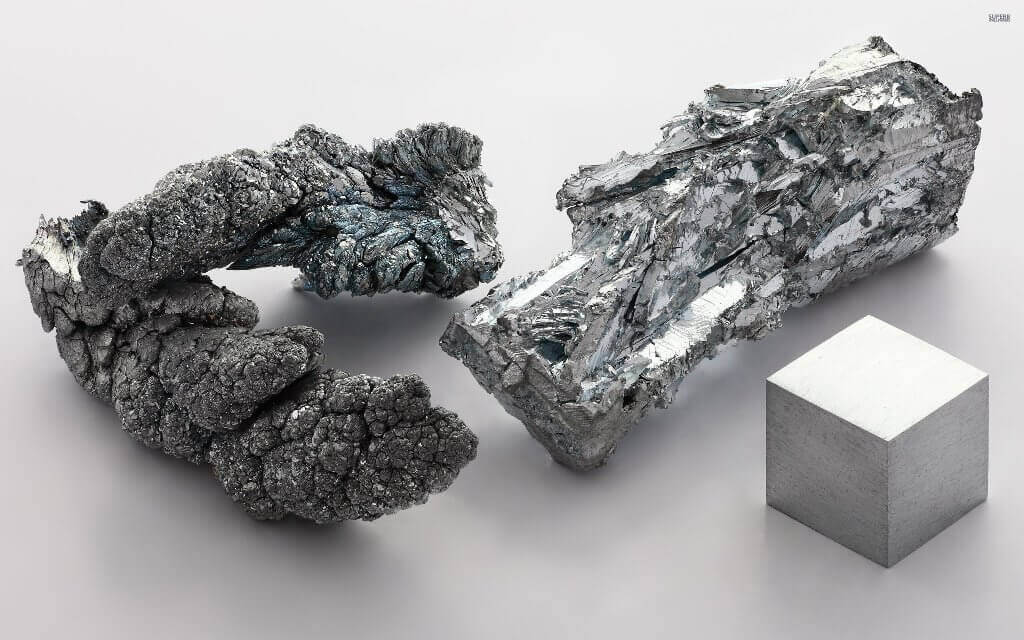
10 May Mineral Spotlight: Zinc
Zinc is one of the 14 naturally-occurring dissolved minerals found in the geothermal waters at Iron Mountain Hot Springs.
Zinc (Zn), No. 30 on the Periodic Table, is the 24th most abundant element in the Earth’s crust. Some 11 million tons a year are mined for use in a wide variety of products. A liter of water from Iron Mountain Hot Springs contains .019 milligram of zinc.
Your body has about 2.5 grams of zinc, second only to iron among the elements. It is considered an element essential to life. Zinc is important in cellular metabolism and catalyzing some 100 enzymes as well as immune function, protein synthesis, wound healing, DNA synthesis, cell division, and normal growth for infants and children. It affects your senses of taste and smell. Studies have shown that zinc can reduce the duration and severity of the common cold, especially when taken at the onset of symptoms. Zinc may also delay the progression of age-related macular degeneration.
The body does not store zinc. The Recommended Dietary Allowance for zinc is 11 milligrams for men, 8 milligrams for women and more if they are pregnant or nursing. Up to 40 milligrams is considered safe for most people. Oysters are by far the leading source of zinc with 74 milligrams in a three-ounce serving. Other good sources are beef, crab, fortified breakfast cereal, lobster, pork, baked means and the dark meat of chicken. The zinc in breads and plants is not as available to humans as zinc in animals, although leavening in bread improves its availability.
Zinc can also be absorbed through the skin, and soaking in Iron Mountain Hot Springs is the most relaxing way to get a dose of this vital mineral.
Karin Gamba
Latest posts by Karin Gamba (see all)
- 5 Tips for a DIY Wellness Day at Iron Mountain Hot Springs - January 30, 2025
- Meet Iron Mountain Hot Springs New Mid-Week Annual Pass - January 2, 2025
- Ski Hard, Relax Harder with Slope and Soak Packages - December 13, 2024
- More Serenity On The Horizon At Iron Mountain Hot Springs - October 30, 2024
